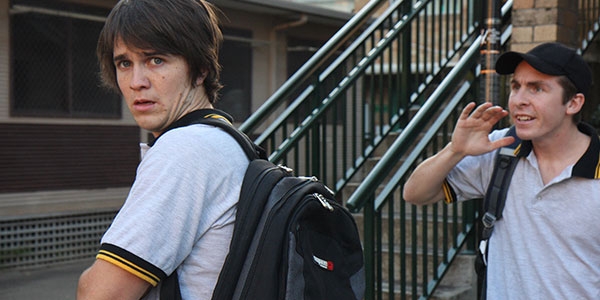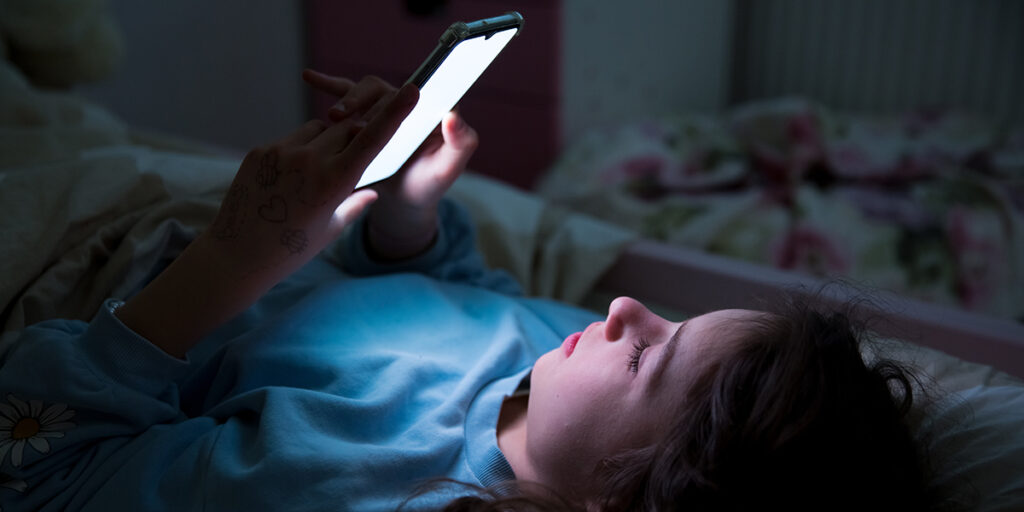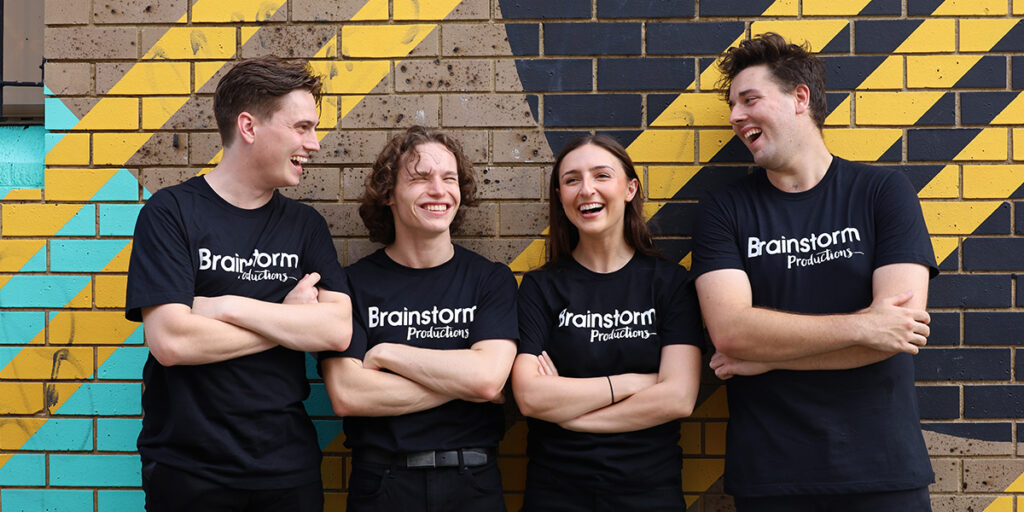A recent survey of 20,000 Australian school children found that one in four students have experienced bullying. Bullying is when people use words or actions to repeatedly, and intentionally harm another person and is often conducted by someone who has more power or influence than the victim. The bullying cycle perpetually disempowers the victim, who feels increasingly helpless.
According to the Australian Bureau of Statistics CensusAtSchool survey, longitudinal studies have consistently found strong links between school bullying and mental health problems, with victims at risk of developing depression, anxiety and suicidal ideation. Similarly, perpetrators of bullying are also at risk of developing depression, anti-social personality and substance use disorders[1].
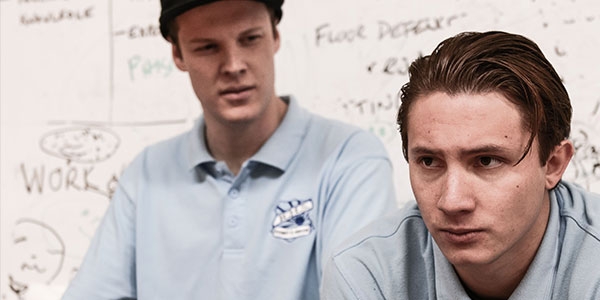
The importance of mental health education in schools
Given the prevalence of bullying in Australian schools, it is important to equip schools with student emotional wellbeing resources and emotional wellbeing activities, so students have the strategies to combat bullying, or cease bullying if they are a perpetrator.
Students learn in different ways. Educational theatre can have a profound effect when a familiar scenario is being played out, using clear solutions and skills, which students can practice in their own lives. This is incredibly important when trying to tackle bullying, not only for the victims but also for the bullies themselves, who can see and feel how their behaviour is affecting their victim. They also learn alternative behavioural patterns. In addition, educational theatre programs about bullying help students understand how they can intervene safely to support others who are being bullied and not be a bystander or an enabler.
These mental health programs for schools are developed to reflect the core values of the community and to help address youth mental health needs, as well as integrating National Curriculum and the various State Governernment Education Department’s Wellbeing Frameworks. All programs are developed in collaboration with teachers, counsellors and psychologists. Brainstorms’ mental health programs are successful, because as well as presenting award-winning live theatre, Brainstorm provides schools with ongoing support and resources. There are monthly mental health and bullying articles online, relevant to young people; an active Facebook page; and teachers’ resources, including curriculum-linked lessons, interactive activities, original songs and anti-bullying posters.
Why resilience programs for schools are essential
Brainstorm Productions offer 15 resilience programs for schools for both primary school and high school audiences that can be used as pastoral care activities.
‘Sticks and Stones’ is an award-winning resilience program for schools that has been seen and enjoyed by over 1.8 million students, from all demographics across Australia.
The program was the recipient of an Australian Violence Prevention Award from the Australian Dept of Criminology.
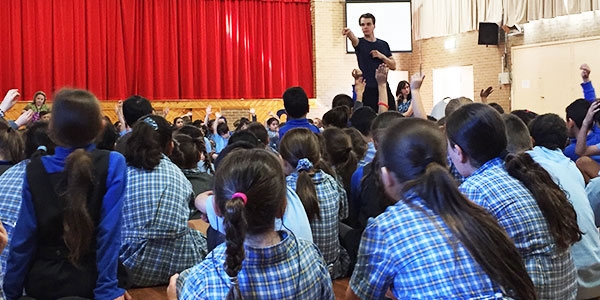
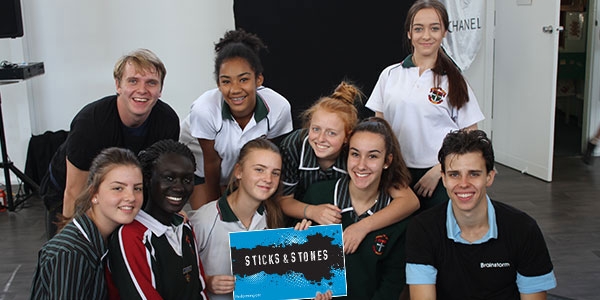
‘Sticks and Stones’ is an innovative way to provide students with conflict resolution strategies, anger management, assertiveness and strategies to break the cycle of violence.
Performed ‘in the round’, the play brings the audience together in a shared experience, to help us to understand what it means to be human.
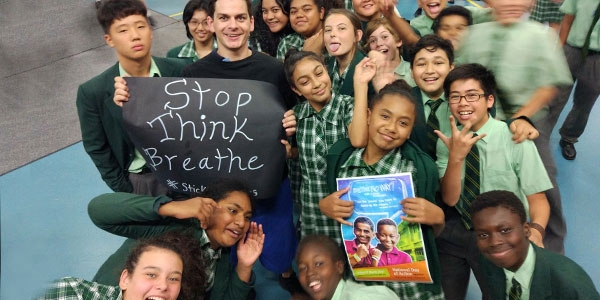
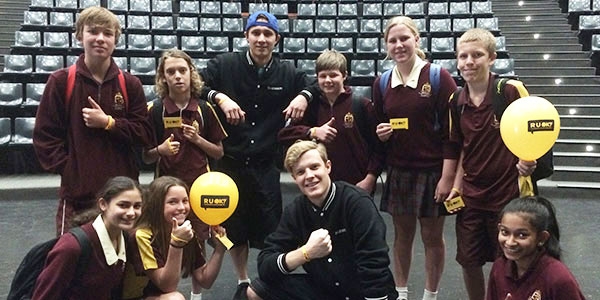
‘Sticks and Stones’ explores the fight or flight syndrome and encourages us to turn negative energy and behaviours into positive pursuits, communication and healing.
Research and evaluation have revealed that the ‘overwhelming majority of students demonstrate enjoyment and enthusiasm through watching educational theatre, are receptive and listen attentively, and can correctly identify the educational messages being portrayed’[2]. In this way, theatre gives strong and emotional lessons to students, whilst being entertaining.
Theatre in education is effective because, in a safe environment, it shows the audience how bullying occurs, how it affects the victim, and what strategies the victim can take to minimise the effects of bullying and stop it altogether.
Story telling through theatre engages the perpetrators in the audience so they can see their own behaviour reflected, and hopefully feel how their behaviour is affecting the victim. It encourages self awareness and empathy and empowers us to change and improve our relationships. Physical theatre transcends language barriers and caters to different learning styles.
Theatre as a student wellbeing resource
Leanne Walding, Student Support Officer at Lithgow High School, agrees that theatre is a great educational tool to encourage change:
“Theatre speaks much louder than the written word. The students were enthralled with Sticks & Stones and the responses received indicated that they could use the protective strategies when facing violent situations and also consider their own behaviour towards others.”
“Sticks & Stones provided students with strategies when faced with aggression that can prevent escalation and protective measures that can be utilised to minimise physical or verbal harm. The program helps students understand that they are never alone when facing adversity and that it is OK to speak up.”
As Duval High School’s Welfare Co-ordinator, Jennifer Squires explains, the key element that sets theatre apart is its power to reach students on an emotional level:
“Theatre often evokes an emotional response from the audience, and this helps students to then express these feelings to their peers and teachers. It puts into words what they are feeling. Domestic violence is often seen as a taboo subject, but encouraging kids to talk about it will help them to know what is right, and when things are not.”
‘Sticks and Stones’ is currently touring Brisbane and Sydney.
‘Sticks and Stones’ will be performed at GARMA Festival this August with our partners RUOK?
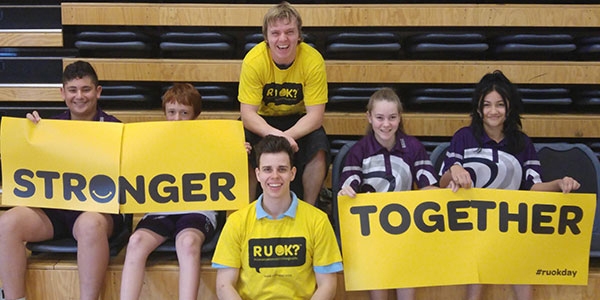
References
[1] Source: Adolescent peer aggression and its association with mental health and substance use in an Australian cohort. Published by Journal of Adolescence 37 (2014) 11-21
[2] Source: The use of Theatre in Education (TIE): A review of the evidence. Prepared by Child Health Promotion Research Centre Edith Cowan University for the Constable Care Child Safety Foundation – March 2012

